A master’s in organizational leadership degree prepares students for management-level positions, including school principal, human resources manager, sales manager, and top executive. Per data from the Bureau of Labor Statistics, the median annual salary for each role ranges from $100,090 to $130,600.
During the 2020-2021 academic year, public and private institutions charged an average of $19,749 per year for in-state tuition, according to the National Center for Education Statistics.
For full-time students, it usually takes 1 to 2 years to finish a graduate program in organizational leadership. It may take part-time students four years or longer to complete the same program.
Why Trust Us
The Intelligent.com Higher Education Team is dedicated to providing students with independent, equitable school and program rankings and well-researched resources. Our expert-driven articles cover topics related to online colleges and programs, paying for school, and career outlooks. We use data from the U.S. Department of Education’s College Scorecard, the National Center for Education Statistics, and other reputable educational and professional organizations. Our academic advisory team reviews content and verifies accuracy throughout the year for the most current information. Partnerships do not influence rankings or editorial decisions.
- Analyzed over 2,000 national, accredited, and nonprofit colleges and universities
- 800+ rankings pages are reviewed and updated yearly
- Content is informed by reputable sources, surveys, and interviews with academic advisors and other experts
- Over 100 data points are reviewed for accuracy and quality throughout the year, including sources
How we rank schools
Our list features the best Organizational Leadership degree programs at top colleges nationwide. Each school featured is a nonprofit, accredited institution — either public or private — with a high standard of academic quality for post-secondary institutions.
We evaluated each school’s program on tuition costs, admission, retention and graduation rates, faculty, reputation, and the student resources provided for online students. We collected data from trusted sources like the National Center for Education Statistics, individual school and program websites, school admissions counselors, and other data sources. Then, we calculated the Intelligent Score on a scale of 0 to 100 based on the following criterion:
Academic Quality:
- Admission rate versus enrollment rate
- Retention rate of students who return after year one
- Accreditation status (regional and programmatic)
- Nonprofit status, both private and public institutions
Graduation Rate
- Overall graduation rate
- Total number of currently enrolled students, including diversity metrics
- Student-to-faculty ratio
Cost and ROI
- In-state and out-of-state per-credit tuition rates and fees
- Required credits to graduate
- Earning potential after graduation
- Availability of federal student loans, scholarships, and other financial aid options
Student Resources
- Available student services for online-only and hybrid programs
- On-campus amenities like tutoring centers and the number of libraries
Read more about our ranking methodology.
Best 15 Accredited Master’s in Organizational Leadership Programs
FiltersInstitution Type
Status
- Intelligent Score
- Alphabetically By University Name
- Acceptance Rate
- Enrollment
- In-state Graduate Tuition
- Out-of-state Graduate Tuition
- In-state Undergraduate Tuition
- Out-of-state Undergraduate Tuition
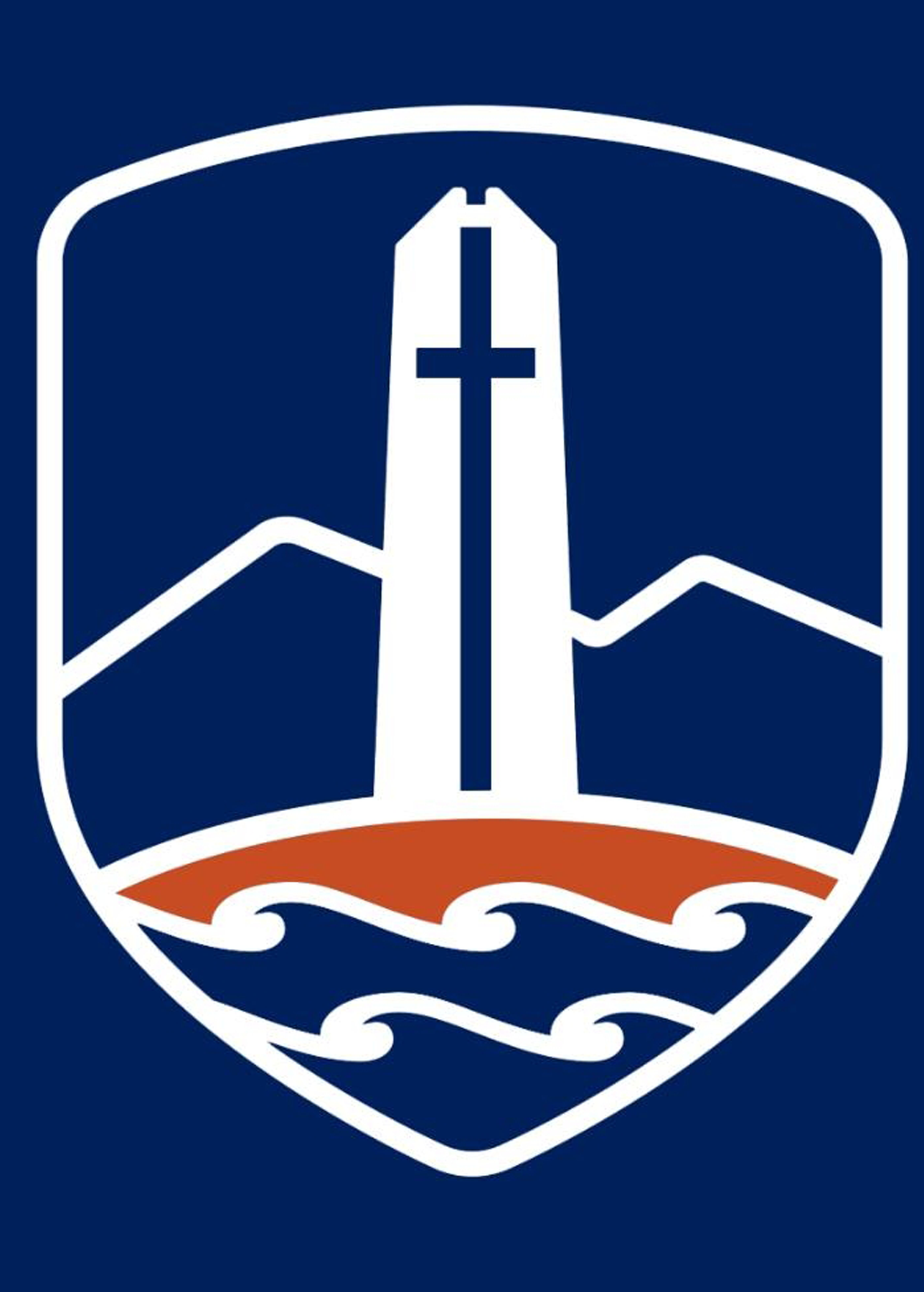
Pepperdine University
Intelligent Score: 98.94In-state: $57,750
Out-of-state: $57,750
In-state: $36,200
Out-of-state: $36,200
SAT: 1200-1410
ACT: 26-31
$1,510
On-Campus, Online
Western Association of Schools and Colleges Senior College and University Commission
30

Saint Louis University
Intelligent Score: 98.82In-state: $46,400
Out-of-state: $46,400
In-state: $21,420
Out-of-state: $21,420
SAT: 1160-1370
ACT: 25-31
$1,090
On-Campus, Online
Higher Learning Commission
33
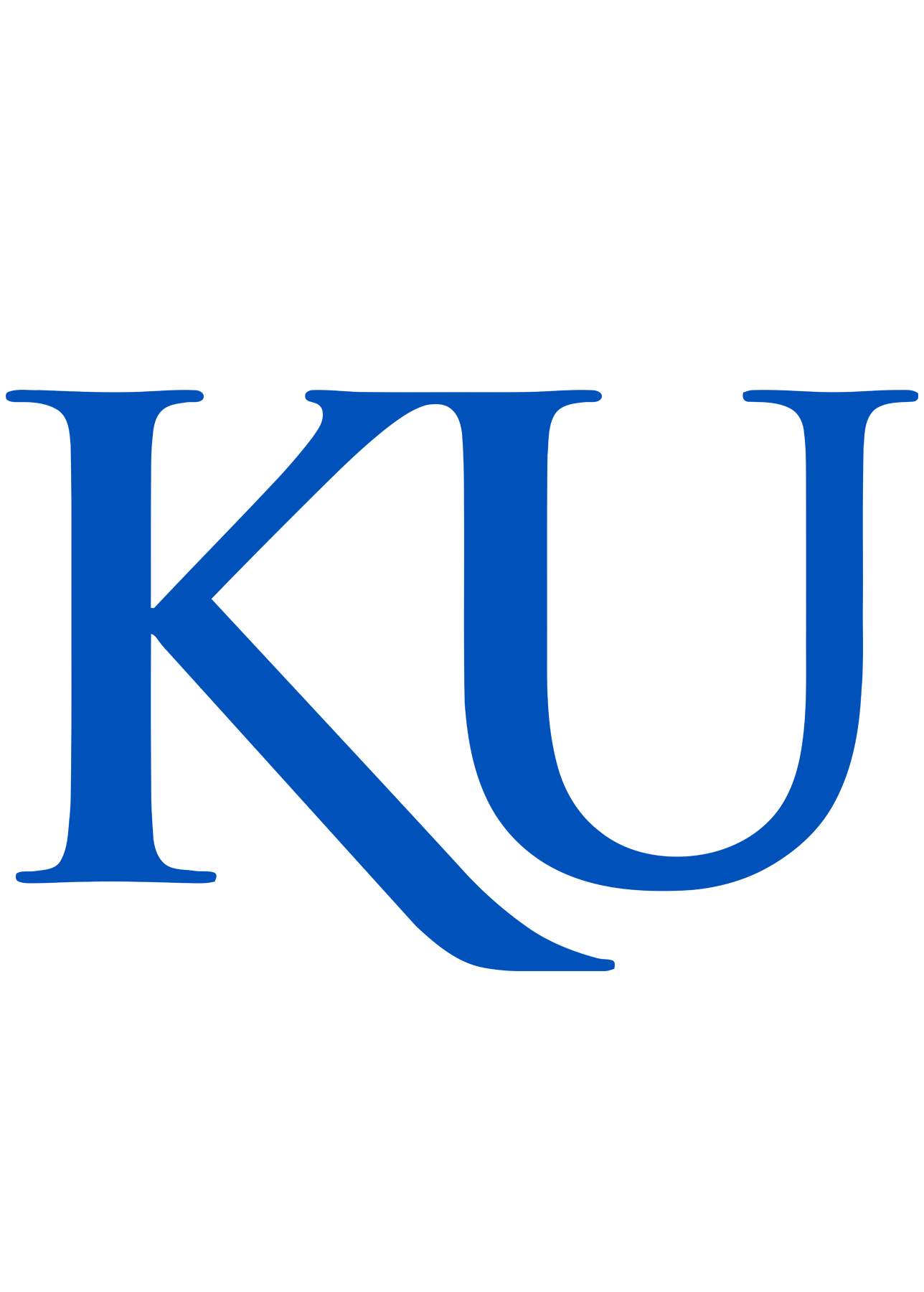
University of Kansas
Intelligent Score: 96.7In-state: $10,092
Out-of-state: $26,960
In-state: $9,989
Out-of-state: $9,989
SAT: 1070-1320
ACT: 22-29
Resident: $437
Non-Resident: $1,047
On-Campus, Online
Association to Advance Collegiate Schools of Business
30
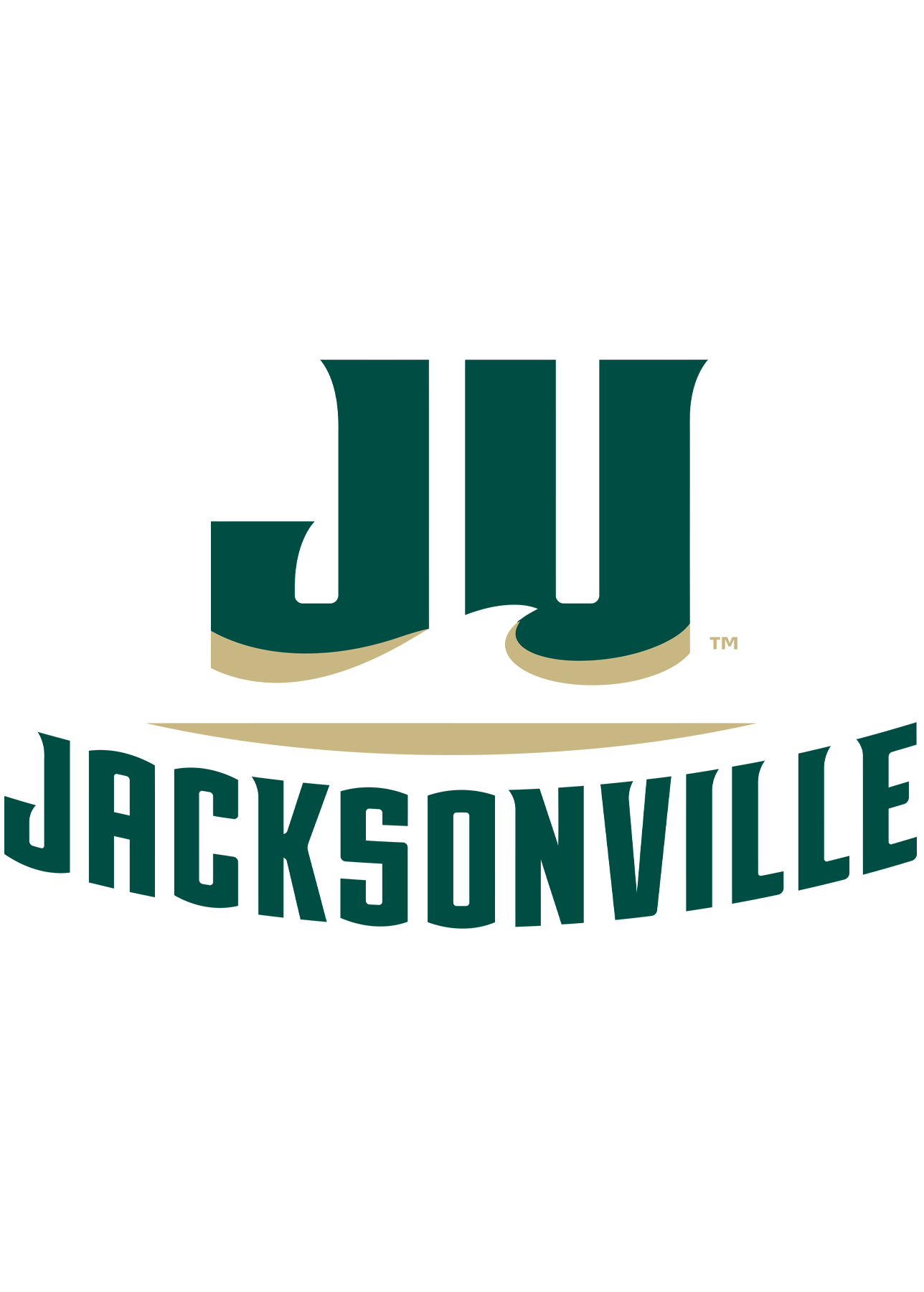
Jacksonville University
Intelligent Score: 95.41In-state: $39,900
Out-of-state: $39,900
In-state: $14,742
Out-of-state: $14,742
SAT: N/A
ACT: 18-26
$875
On-Campus, Online
Association to Advance Collegiate Schools of Business
30-33
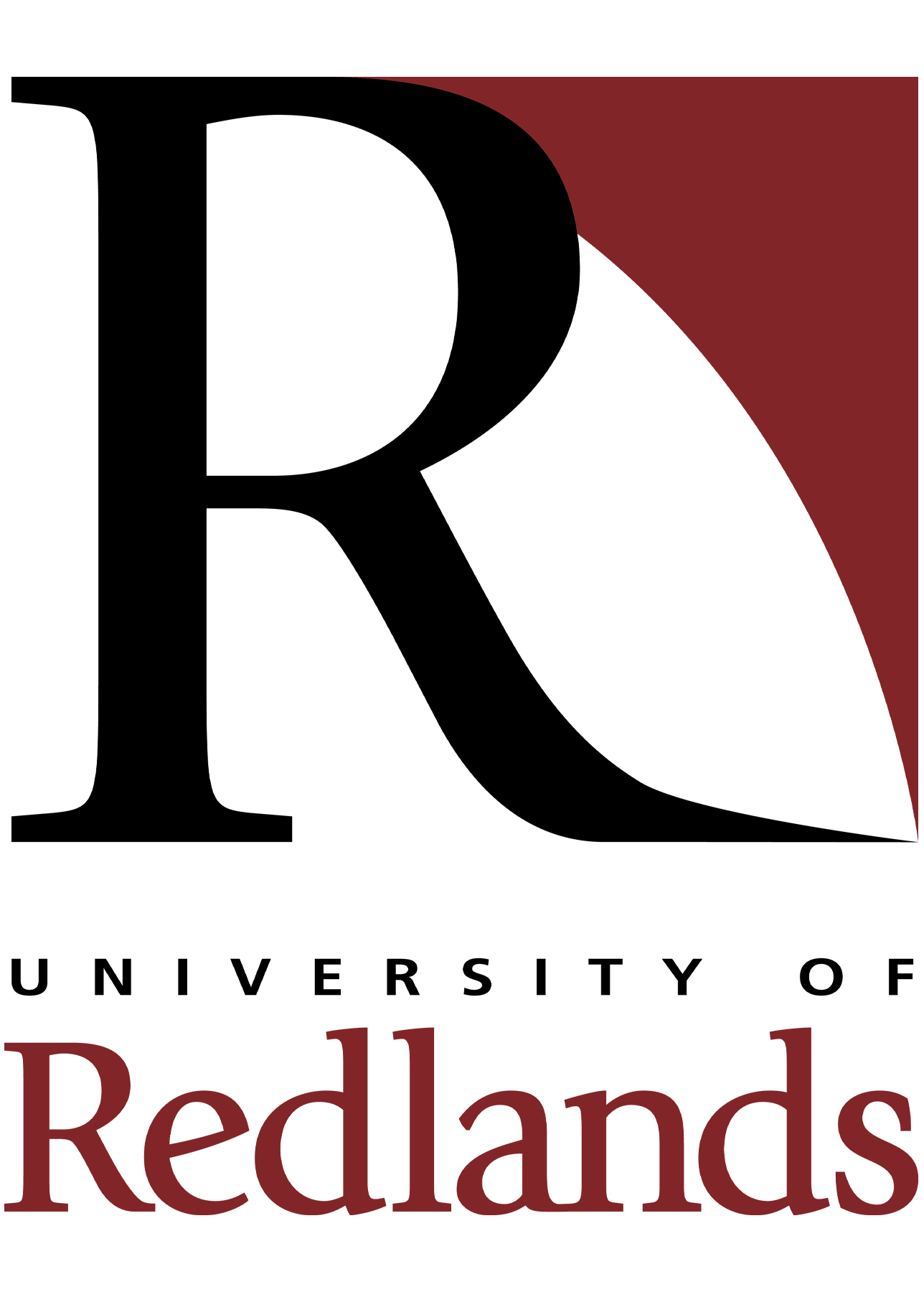
University of Redlands
Intelligent Score: 95.25In-state: $52,150
Out-of-state: $52,150
In-state: $22,680
Out-of-state: $22,680
SAT: 1030-1250
ACT: 16-28
$934
On-Campus, Online
Accreditation Council for Business Schools and Programs
30

Suffolk University
Intelligent Score: 94.36In-state: $41,242
Out-of-state: $41,242
In-state: $39,914
Out-of-state: $39,914
SAT: 1010-1203
ACT: 21-26
$1,716
On-Campus
Association to Advance Collegiate Schools of Business
30

Arizona State University
Intelligent Score: 92.69In-state: $10,710
Out-of-state: $28,800
In-state: $11,720
Out-of-state: $11,720
SAT: 1100-1320
ACT: 21-28
Resident: $956
Non-Resident: $1,471
On-Campus, Online
Higher Learning Commission
33

National University
Intelligent Score: 92.32In-state: $13,320
Out-of-state: $13,320
In-state: $15,480
Out-of-state: $15,480
SAT: N/A
ACT: N/A
$912
On-Campus, Online
Accreditation Council for Business Schools and Programs
30

University of Wisconsin - Platteville
Intelligent Score: 92.18In-state: $9,273
Out-of-state: $37,161
In-state: $10,728
Out-of-state: $10,728
SAT: 1260-1460
ACT: 27-32
$750
On-Campus
Higher Learning Commission
30

Oakland University
Intelligent Score: 91.27In-state: $14,520
Out-of-state: $24,735
In-state: $18,546
Out-of-state: $18,546
SAT: 980-1210
ACT: 20-27
In-State: $871 Out-of-Sate: $1,027
Hybrid
Higher Learning Commission
32
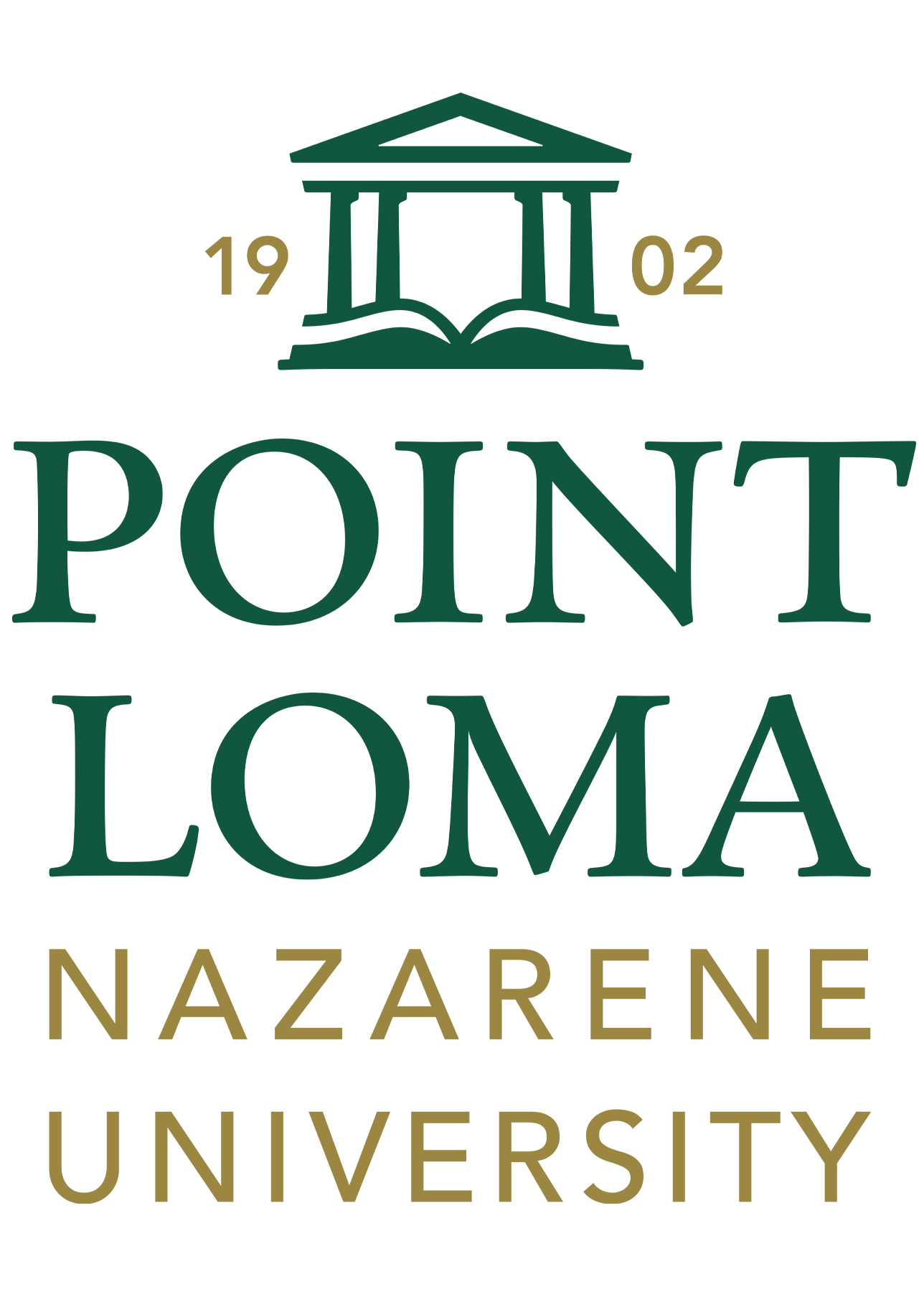
Point Loma Nazarene University
Intelligent Score: 90.32In-state: $37,600
Out-of-state: $37,600
In-state: $11,880
Out-of-state: $11,880
SAT: 1100-1290
ACT: 23-28
$700
On-Campus, Online
Accreditation Council for Business Schools and Programs
30

George Washington University
Intelligent Score: 88.62In-state: $55,961
Out-of-state: $55,961
In-state: $31,770
Out-of-state: $31,770
SAT: 1270-1450
ACT: 30-33
$1,870
On-Campus, Online
Council for the Accreditation of Educator Preparation
30

St. Joseph’s University
Intelligent Score: 87.56In-state: $28,590
Out-of-state: $28,590
In-state: $19,350
Out-of-state: $19,350
SAT: 1020-1200
ACT: 22-26
$1,192
Hybrid
Middle States Commission on Higher Education
30

Saint Ambrose University
Intelligent Score: 86.98In-state: $32,478
Out-of-state: $32,478
In-state: $17,870
Out-of-state: $17,870
SAT: 980-1170
ACT: 20-25
$755
On-Campus, Online
Accreditation Council for Business Schools and Programs
30
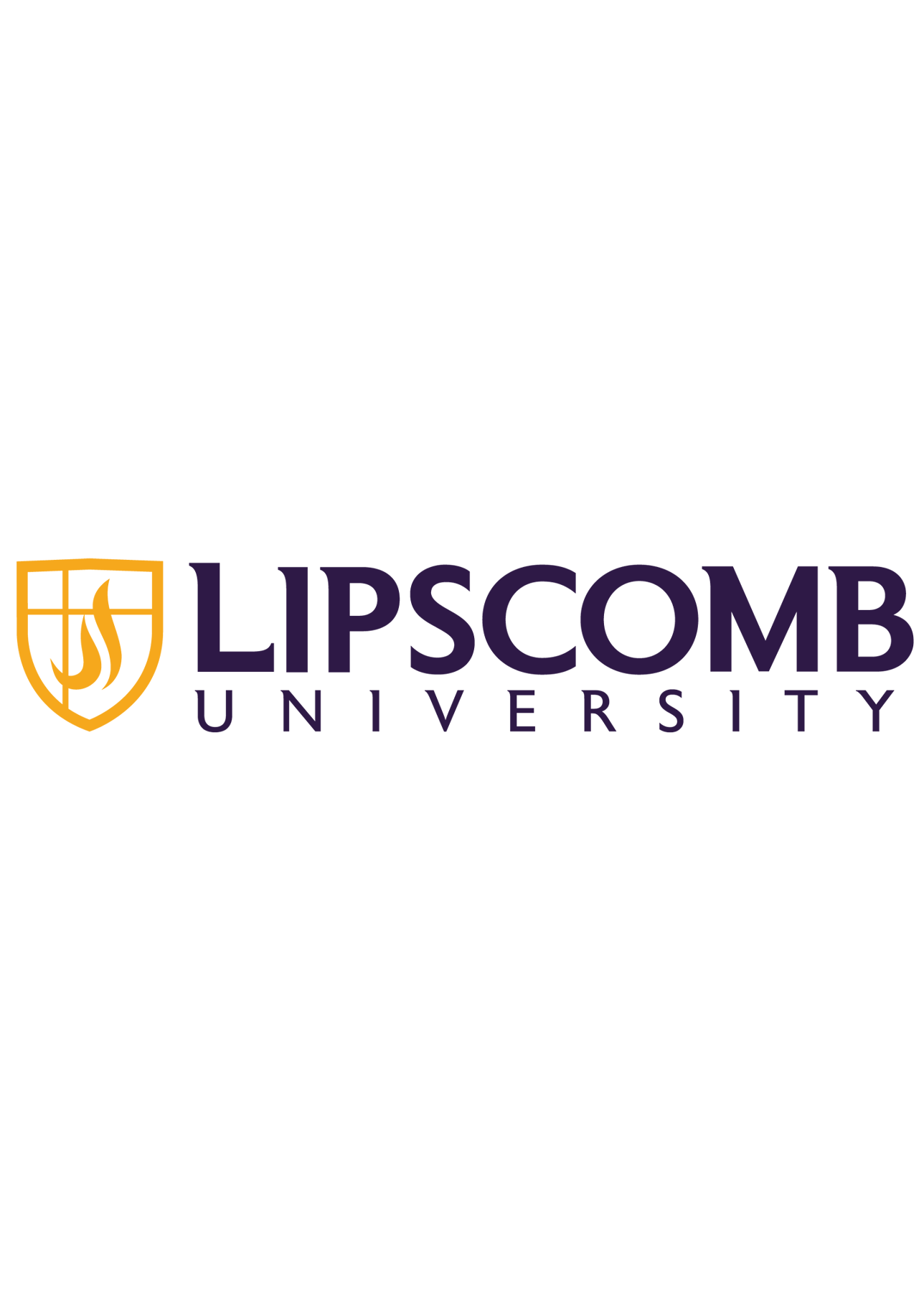
Lipscomb University
Intelligent Score: 86.8In-state: $32,080
Out-of-state: $32,080
In-state: $18,000
Out-of-state: $18,000
SAT: 1080-1310
ACT: 22-29
$899
On-Campus, Online, Hybrid
Southern Association of Colleges and Schools Commission on Colleges
30
How to Choose a Master’s in Organizational Leadership Program
Choose your area of study
Organizational leadership is a broad field of study, so many schools offer multiple concentrations, giving students the opportunity to focus on a specific area of interest. To choose an area of study, think about what type of work you want to do and what knowledge and skills you need to excel.
Depending on which program you choose, you may be able to specialize in change management, human resources management, diversity and inclusion, strategic management, or project management.
Research schools and programs
Next, create a list of schools with strong organizational leadership programs. Your list should include programs with the specialization you chose in the first step of the decision-making process.
Once you have a list of options, research each program carefully. It’s important to choose a school that meets your needs regarding course offerings, attendance options, and support resources. For example, if you want to keep working full-time, you may want to prioritize programs with weekend courses. Another option is to look for schools with online or hybrid courses.
Each time you review a program, ask the following questions:
- Are faculty members accomplished researchers or experienced leaders? What can you learn from them?
- Does the school offer multiple attendance options, such as part-time or online classes?
- How much does the program cost?
- Will you have to write a thesis before you graduate?
- Does the program require an internship?
Prepare for tests and applications
If the schools on your list require scores from the Graduate Management Admission Test, Graduate Record Examination, or other standardized tests, start preparing as soon as possible. Many students find it helpful to take practice exams or work with experienced tutors. The earlier you start, the more opportunities you have to achieve your desired score.
Select your program
Try to narrow down your list to four or five options. Otherwise, you’ll have to pay many different fees and spend weeks preparing application packages. Applying to no more than five schools makes it possible to limit your expenses without putting your future in the hands of just one program.
If multiple schools accept you, choose a program based on the total cost of attendance, the number of course formats available, the campus location, and the expertise of the organizational leadership faculty. It’s also important to consider how much financial aid each school offers.
Determine how you’ll pay for your degree
Once you choose a program, you need to think about how to pay for it. One of the easiest options is to pay out of pocket, but not everyone has enough cash available to pay the tuition for a master’s degree in organizational leadership.
Master’s degree programs don’t qualify for federal financial aid, such as Pell Grants and Stafford loans, but you should still fill out the Free Application for Federal Student Aid (FAFSA). Schools use this to determine eligibility for need-based scholarships.
If you’re not eligible for financial aid, or your aid package doesn’t cover your full cost of attendance, consider applying for scholarships or government aid programs. Graduate students may also be eligible for assistantship programs, where students serve as teaching assistants (TAs) for undergraduate courses. Your employer may also offer tuition reimbursement.
What Can You Expect From a Master’s in Organizational Leadership Program?
A master’s in organizational leadership program usually includes courses designed to help students improve their leadership skills and become more effective managers. Each program has different requirements, but you can expect to complete courses in leadership development, organizational culture, strategic management, human capital management, and ethical decision-making.
If you specialize in human resources management, you may take courses in global HR, employee relations, industrial psychology, or HR analytics. The change management specialization typically covers negotiating, leading strategic initiatives, and organizational change.
Potential courses you’ll take in a master’s in organizational leadership program
A master’s in organizational leadership program may include the following courses:
- Change management. Effective leaders must be able to manage change within their organizations, especially when employees are resistant to change. Change management courses typically focus on theories and frameworks surrounding organizational change. Students also learn how to motivate employees to embrace change instead of resisting it.
- Organizational communication. Strong leaders must be able to communicate effectively with employees at all levels of an organization. Organizational communication courses introduce some of the most essential communication theories and provide practical examples of how those theories affect the modern workplace.
- Conflict resolution. Even the most successful organizations encounter conflict at some point, so leaders must know how to resolve conflict under stressful conditions. Students in conflict-resolution courses typically learn how to negotiate with other people and ensure that all parties walk away satisfied.
- Leadership. Some people are born with strong leadership skills, but others need help developing their confidence and business acumen. Leadership skills help students understand the major theories of leadership and explore how those theories affect common workplace issues.
- Workforce development. Many leaders are involved in recruiting, training, and other aspects of workforce development, so it’s common for master’s in organizational leadership programs to cover these topics. Students typically learn how to apply organizational leadership theories to the management and retention of human capital.
Master’s in Organizational Leadership Degree Frequently Asked Questions
How do I apply to a master's in organizational leadership degree program?
For custom advice on applying to the program of your choice, contact an admissions representative. An admissions representative is the best person to tell you what it takes to get admitted to a specific program.
While you wait for a response, start gathering your application materials. You may need to submit GMAT or GRE test scores, so register as early as possible. If necessary, ask your professors or colleagues to write letters of recommendation. You may also need to request transcripts from your undergraduate institution.
How much does a master's in organizational leadership degree cost?
The National Center for Education Statistics reports that a master’s in organizational leadership degree costs $19,749 per academic year for in-state students. It may cost more if you attend grad school in a state other than your own.
Tuition is just one of the costs associated with completing a master’s in organizational leadership degree. If on-campus housing isn’t available, you’ll have to consider the cost of renting an apartment or staying with family members. You’ll also need to purchase textbooks, workbooks, and other course materials.
Many people assume that online degrees cost less, but you may pay more for online classes due to the cost of digitizing course materials and purchasing the equipment used to deliver course content.
How long does it take to earn a master's in organizational leadership degree?
It typically takes one to two years to complete a master’s in organizational leadership degree if you attend classes full-time. With part-time study, it may take four years or more. The more credits a program requires, the longer it takes to meet the minimum requirements for graduation.
It may also take you a little extra time to graduate if you have to write a thesis, complete an internship, or fulfill a residency requirement for an online program. However, it’s possible to complete a master’s in organizational leadership degree earlier than planned by taking extra credits during each term or taking classes during the summer.

